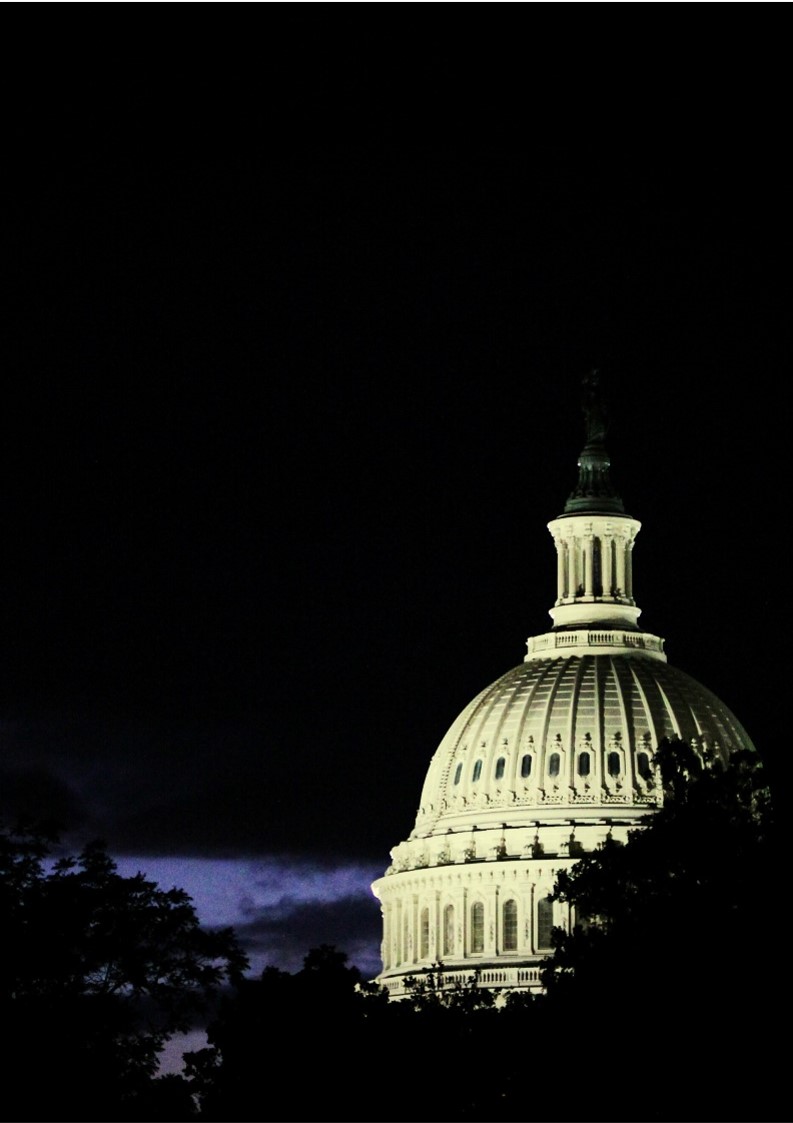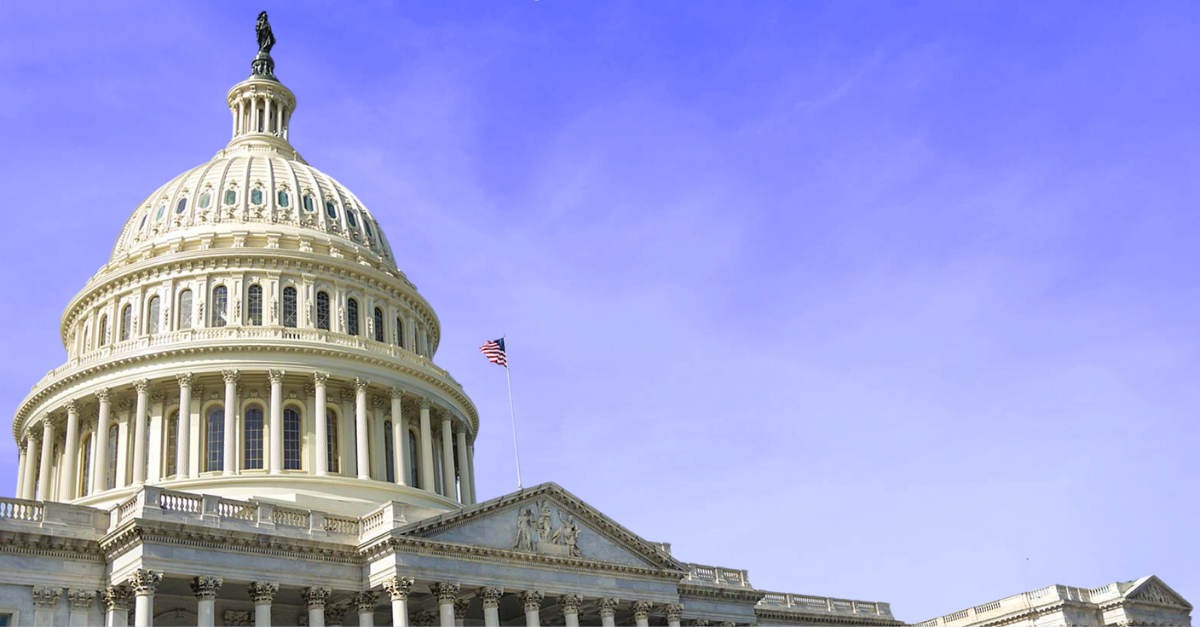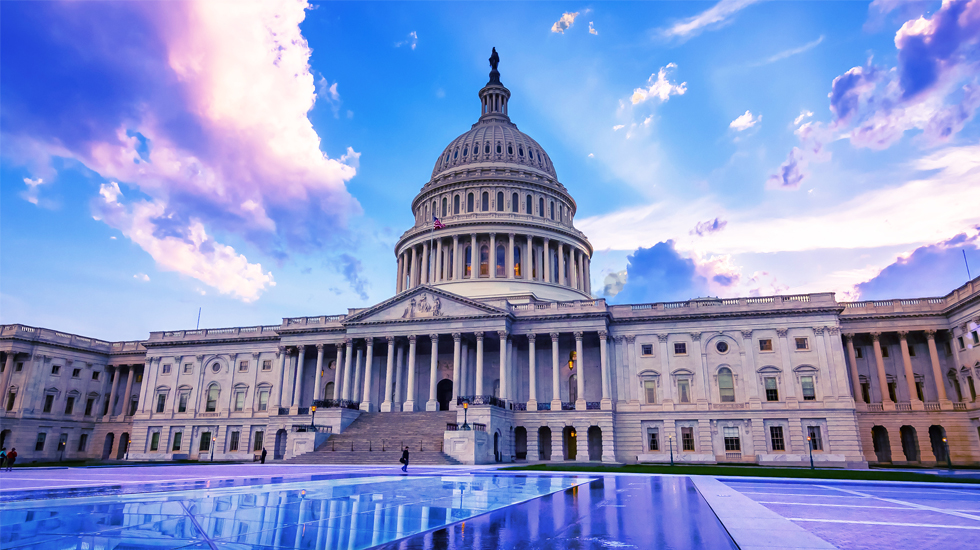DOJ Safe Harbor Policy for Voluntary Self-Disclosures in Mergers & Acquisitions
DOJ Safe Harbor Policy for Voluntary Self-Disclosures in M&A

Regulatory Insights
- "Compliance Now or Pay Later": Highlights the need to invest in thorough and timely compliance due diligence activities both prior to and following deal closure.
- Avoiding the Recidivist Rap: The voluntary disclosure of identified misconduct within the 6-month Safe Harbor period will lead to a presumption of a declination and will not factor into future recidivist analysis for the acquiring company.
- Considerations for overall M&A Strategy: Companies should factor the Safe Harbor Policy into their overall M&A strategies and ensure sufficient resources are dedicated to assessing compliance controls prior to deal closure and conducting expanded and targeted testing following closure to ensure they benefit from voluntary self-disclosure incentives.
__________________________________________________________________________________________________________________________________________________
November 2023
The Department of Justice (DOJ) announced a new Safe Harbor Policy for voluntary self-disclosures (VSD) made in connection with mergers and acquisitions (M&A). The policy aligns with, and builds upon, previous DOJ actions, including:
- The Deputy Attorney General’s September 2022 memorandum (Monaco Memo – see KPMG Regulatory Alert, here).
- The DOJ Criminal Division’s revision of its Corporate Enforcement Policy (see KPMG Regulatory Alert, here).
- DOJ’s initiatives on compensation and voluntary self-disclosures (see KPMG Regulatory Alert, here).
Similar to these prior actions, which seek a “mix of incentives and deterrence”, the new Safe Harbor Policy is intended to promote and incentivize voluntary self-disclosures from companies, hold individual wrongdoers accountable, and in so doing, prevent “good companies – those that invest in strong compliance programs – from being penalized for lawfully acquiring companies when they do their due diligence and discover and self-disclose misconduct.”
The Safe Harbor Policy is outlined below.
M&A Safe Harbor Policy
- Application:
- Department-wide, with each Division tailoring application to specific enforcement regimes.
- Only applies to criminal conduct discovered in bona fide, arms-length M&A transactions, and does not extend to misconduct that was otherwise required to be disclosed, already public, or known to DOJ.
- Qualification:
- Companies must disclose misconduct discovered at the acquired entity within six (6) months from the date of closing, subject to a reasonableness analysis.
- Companies have a baseline of one (1) year from the date of closing to fully remediate the misconduct.
- Policy:
- Acquiring companies that promptly and voluntarily disclose criminal misconduct (discovered during the M&A process) within the Safe Harbor period can receive a presumption of declination.
- This requires the companies to cooperate with the ensuing investigation and engage in timely and appropriate remediation, restitution, and disgorgement.
- Acquired entities can qualify for applicable VSD benefits, including potentially a declination, unless aggravating factors exist. Aggravating factors at the acquired company will not impact the acquiring company’s ability to receive a declination.
- Misconduct disclosed under the Safe Harbor Policy will not affect any recidivist analysis at the time of disclosure or in the future.
DOJ and FTC Draft Merger Guidelines
DOJ and the Federal Trade Commission (FTC) jointly released draft merger guidelines outlining their process for reviewing M&A transactions to determine compliance with federal antitrust laws.
The draft comprises thirteen (13) guidelines that are intended to better reflect how DOJ and FTC determine a merger’s effect on competition in the modern economy and evaluate proposed mergers under the applicable laws and regulations. The draft guidelines include:
| Draft Guidelines |
|---|---|
1 | Mergers should not significantly increase concentration in highly concentrated markets. |
2 | Mergers should not eliminate substantial competition between firms. |
3 | Mergers should not increase the risk of coordination. |
4 | Mergers should not eliminate a potential entrant in a concentrated market. |
5 | Mergers should not substantially lessen competition by creating a firm that controls products or services that its rivals may use to compete. |
6 | Vertical mergers should not create market structures that foreclose competition. |
7 | Mergers should not entrench or extend a dominant position. |
8 | Mergers should not further a trend toward concentration. |
9 | When a merger is part of a series of multiple acquisitions, the agencies may examine the whole series. |
10 | When a merger involves a multi-sided platform, the agencies examine competition between platforms, on a platform, or to displace a platform. |
11 | When a merger involves competing buyers, the agencies examine whether it may substantially lessen competition for workers or other sellers. |
12 | When an acquisition involves partial ownership or minority interests, the agencies examine its impact on competition. |
13 | Mergers should not otherwise substantially lessen competition or tend to create a monopoly. |
The agencies will use both the public comments on the draft guidelines and feedback from public workshops (with academics, economists, practitioners, and former enforcement officials) to evaluate, update, and finalize the guidelines.
Dive into our thinking:
DOJ Safe Harbor Policy for Voluntary Self-Disclosures in Mergers & Acquisitions
Downlaod PDFExplore more
Get the latest from KPMG Regulatory Insights
KPMG Regulatory Insights is the thought leader hub for timely insight on risk and regulatory developments.
Meet our team




